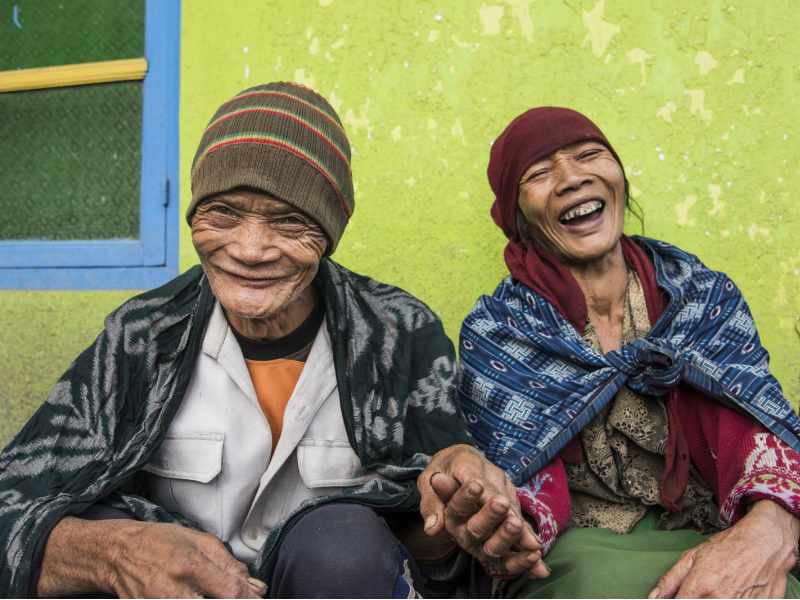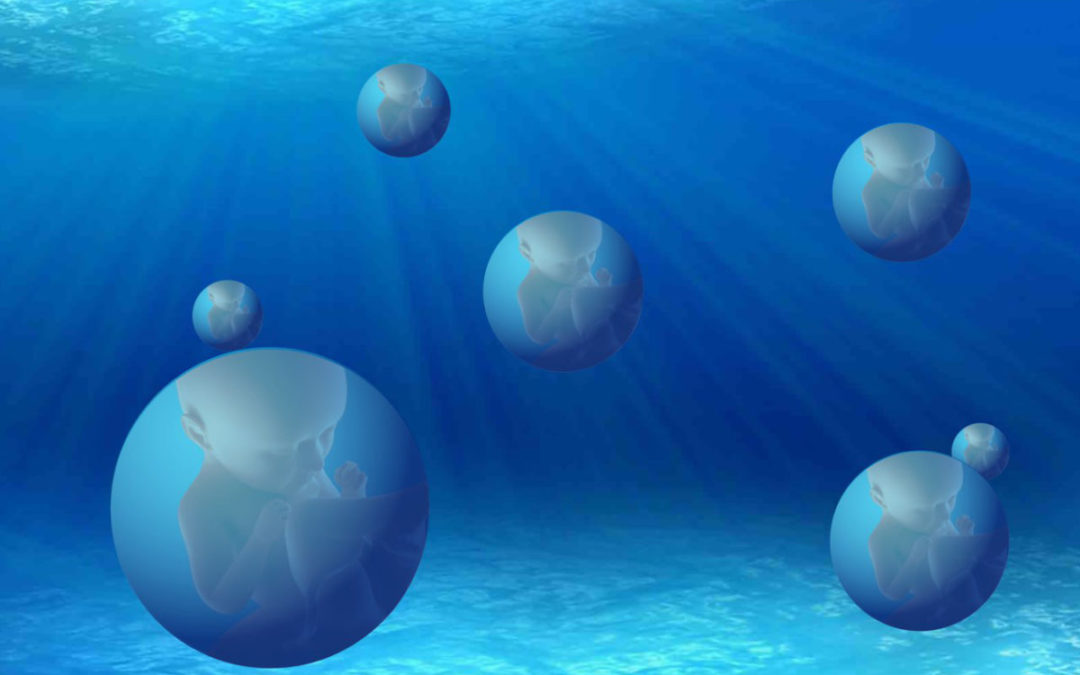
Restored fertility
Chinese medicine to help infertility
According to recent WHO figures, one in six people worldwide is affected by fertility problems, and the numbers are growing. They affect men and women equally. Of these cases of infertility, 20% are caused by both partners at the same time.
These fertility problems are a source of concern and even stress for many couples. And yet, there are solutions!
According to Traditional Chinese Medicine (TCM), fertility problems are due to energy dysfunctions. It is therefore sufficient to restore the energy balance in the partner(s) concerned so that the organs involved in procreation have all the energy they need.
A study carried out in the gynaeco-obstetrics department of the maternal and child clinic in Gan Shu province, China, demonstrated the effectiveness of TCM in this area. Two groups received two different treatments. One group was treated with ovulation stimulators from Western medicine, the other group was treated with acupuncture and moxibustion. The acupuncture group had 65% higher success rates than the group treated with chemical medication.
In addition, doctors were able to observe a 35-45% higher chance of success for patients receiving IVF – in vitro fertilisation – while being treated with acupuncture at the same time.
Causes of female infertility in TCM
Chinese medicine lists several causes that may be involved in these fertility issues. These will be identified through a personalised diagnosis. Here are the main causes of infertility in women.
- The accumulation of “Mucus-Moisture”:
Like Blood Stasis, the accumulation of “Mucus” can interfere with fertilisation. This accumulation can also be the cause of overweight, abundant and viscous leucorrhoea, or even mucus in menstruation.
- A deficiency of the “Kidneys”:
The Kidney belongs to the water element, which is also responsible for the genitals. It is considered as the battery of the body. Therefore, if the energy of the Kidney is low, the body does not allow pregnancy in order to avoid further loss of energy. Or, if the pregnancy starts, it may be interrupted by a miscarriage. In the case of a weak Kidney, menstruation may be rare and libido may be reduced.

- A deficiency of “Xue” (Blood):
Blood is involved in the conception of the foetus. If there is a lack of Blood, the pregnancy cannot take place. A deficiency of Blood results in a pale complexion, dizziness, lack of strength, weakness and general fatigue.
- A blockage of the Liver qi:
The function of the Liver is to store and distribute Blood. When Liver qi is stagnant, it causes Blood stasis. This type of blockage is very common. It is notably generated by anger, frustration, or by states of stress. It is generally accompanied by premenstrual syndromes (breast pain, painful periods, not very abundant but with dark blood, and sometimes blood clots).
The cold womb
- Cold accumulation in the uterus and blood stasis:
The “cold womb” is very common. There is too much “cold in the womb and in the uterus”, which prevents fertilisation or implantation. This is because the embryo needs warmth to implant. The majority of women who come to us for fertility advice have this syndrome. The cold also causes a slowdown which can create “blood stasis” preventing pregnancy. These stases are manifested in particular by dark red periods, clots, pain in the lower abdomen which is aggravated on palpation.

- Blockage of the “Shen” (spirit):
In some cases, everything works well, the conditions are right for procreation… but the woman, even if she wants a child, suffers from unconscious fears. These fears can be related to work, family, financial situation, …
In this case, the “Shen” (Spirit) is agitated, and the woman can unconsciously block fertilisation.
A significant improvement in sperm quality
Chinese medicine is equally effective in improving male fertility. It helps to generate an increase in the production of spermatozoa; it improves their morphology and increases their motility. Finally, it helps to resolve hormonal imbalances that can affect fertility. Here again, we take care to re-establish the overall energy balance, and in particular that of the Kidney, the Liver and the Spleen.
A study was conducted by the College of Acupuncture and Moxibustion at Shanghai TCM University on sperm abnormalities. The patients were treated with acupuncture, and it was found that there was an improvement in the quantity and quality of sperm and sex hormones in the following levels:
- FSH (follicle stimulating hormone): + 33
- LH (luteinising hormone): + 35.3
- Oestrogen: + 57.1
- Testosterone: + 65.1
Acupuncture, like Chinese herbs, increases blood flow to the pelvic cavity, strengthens the kidney and thus optimises the functioning of the sexual organs and stimulates the body’s natural hormone production.
This has the effect of increasing the quantity and quality of semen.
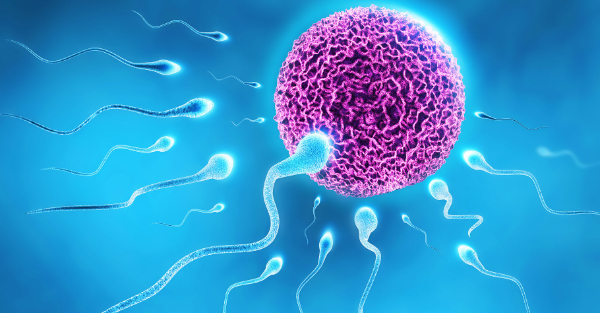
Of course, any fertility treatment will need to take into account environmental factors and the lifestyle of the partners. The stress caused by various factors, including the difficulty of procreating, can only increase the energy blockages. The couple can then become trapped in a vicious circle.
Chinese medicine – acupuncture and pharmacopoeia – can also significantly improve the management of stress and disturbing emotions. This is an equally important factor in allowing the couple to release the pressure… and to put themselves in a state of serenity and welcome conducive to procreation.
Healthy living and fertility
In addition to the energy imbalances mentioned above, certain environmental factors are harmful to fertility in both men and women. These include
- Being overweight or underweight,
- extreme working conditions such as prolonged exposure to heat or long transport times,
stress, - lack of sleep,
- use of stimulants such as tobacco, alcohol, drugs, including coffee in excess,
- exposure to pesticides (endocrine disruptors),
- exposure to other toxic substances (arsenic, lead, aluminium, mercury, parabens, bisphenol A etc.),
- too intensive sport,
- prolonged exposure to mobile waves (wifi, 4G, bluetooth…).
But above all, fertility requires that both parties in the couple take care of their state of being and accept to trust Nature. When their overall balance is good, and their state of mind serene and confident, then they are available to welcome Life… when the time comes. For despite the progress of science, procreation remains a mystery and a grace.
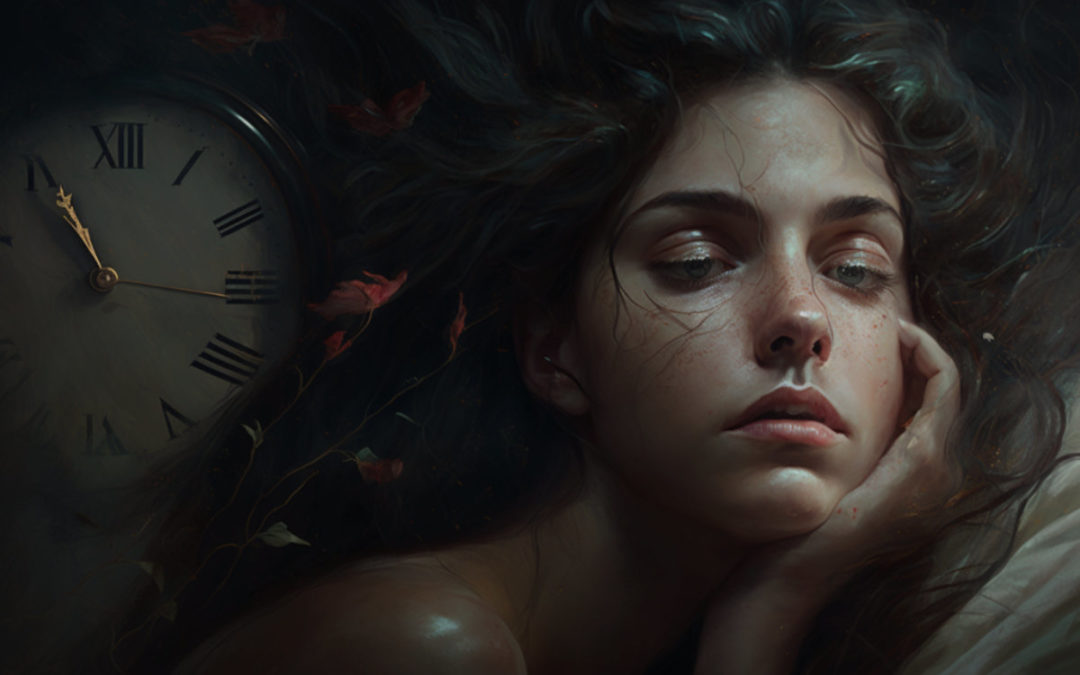

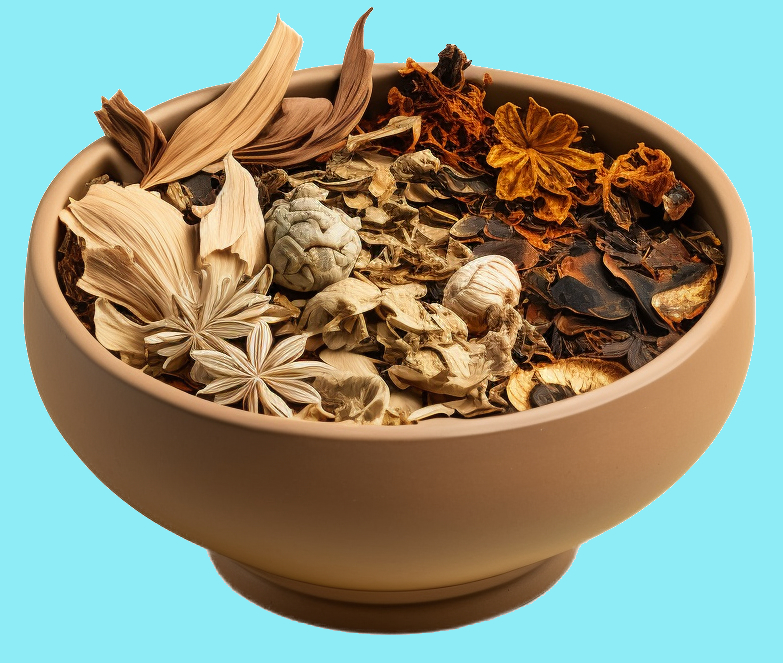
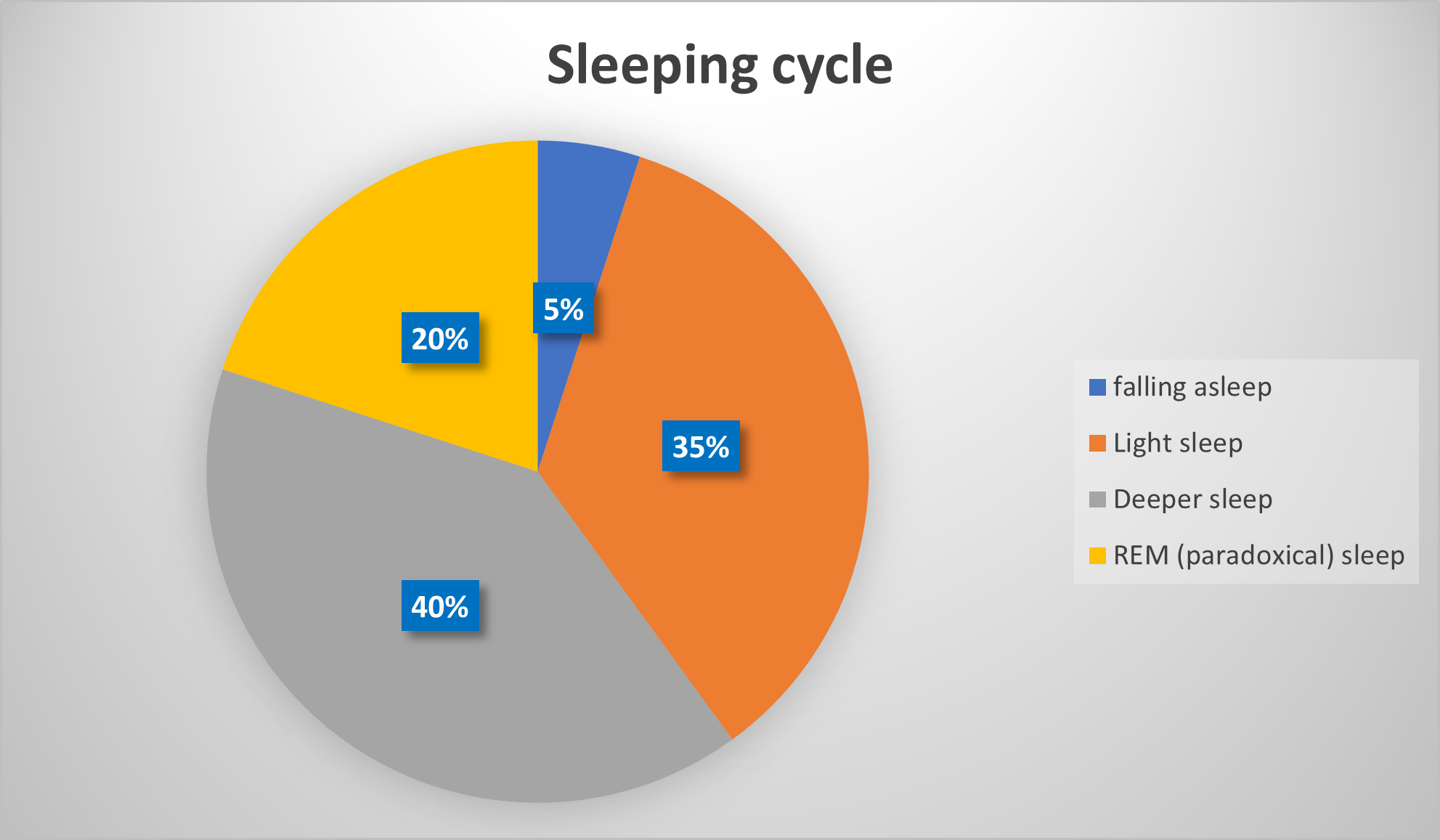
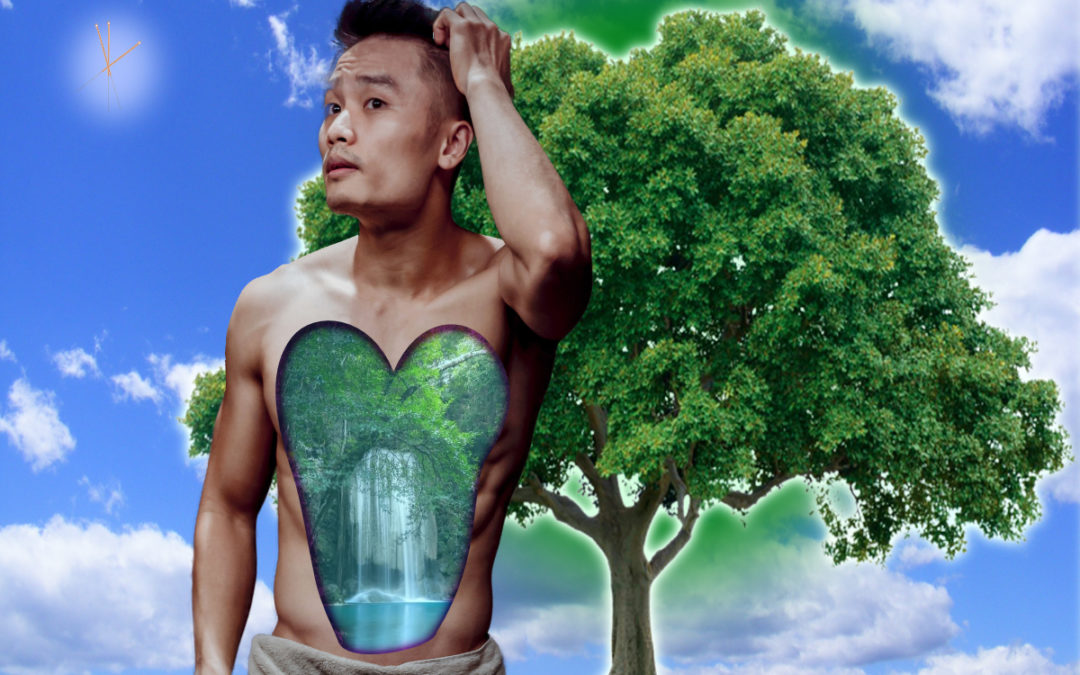

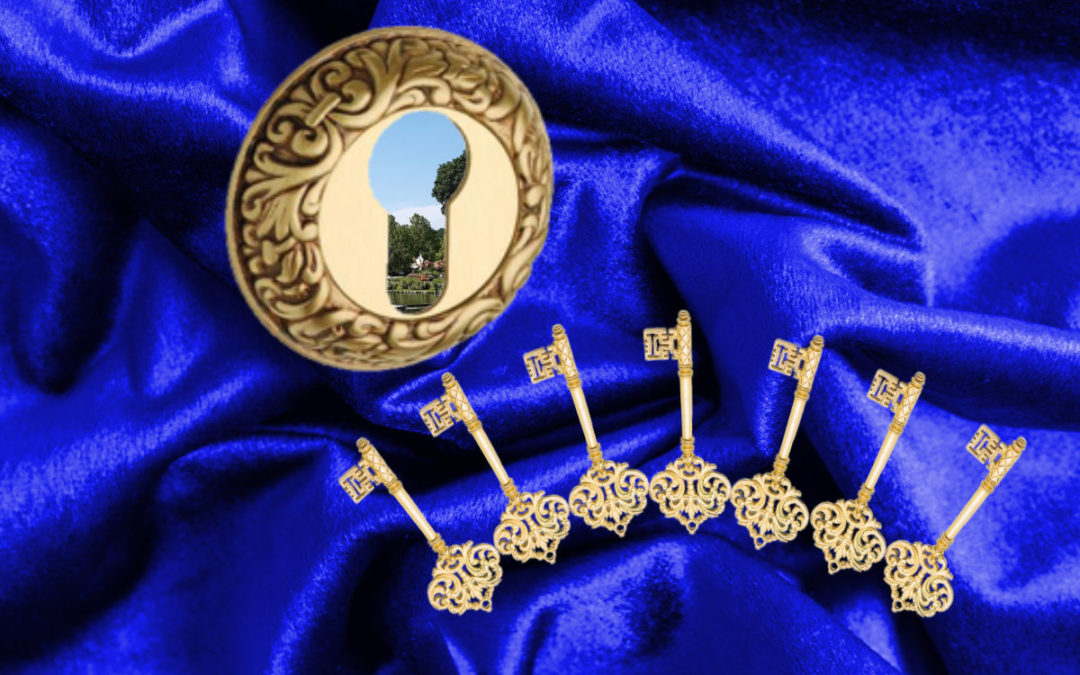
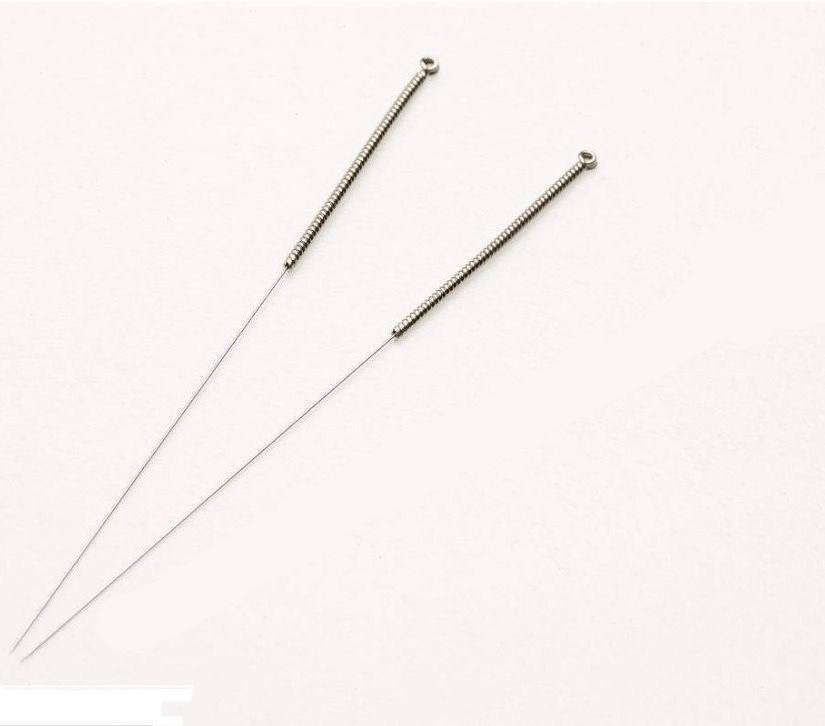 Healing from a cold or indigestion is easy. The body heals itself. But how do you get over chronic ailments that have been around for years, or a serious illness? Healing can then become a real quest that requires commitment, courage, perseverance… and faith. Here are some keys to entering the virtuous circle of healing.
Healing from a cold or indigestion is easy. The body heals itself. But how do you get over chronic ailments that have been around for years, or a serious illness? Healing can then become a real quest that requires commitment, courage, perseverance… and faith. Here are some keys to entering the virtuous circle of healing.
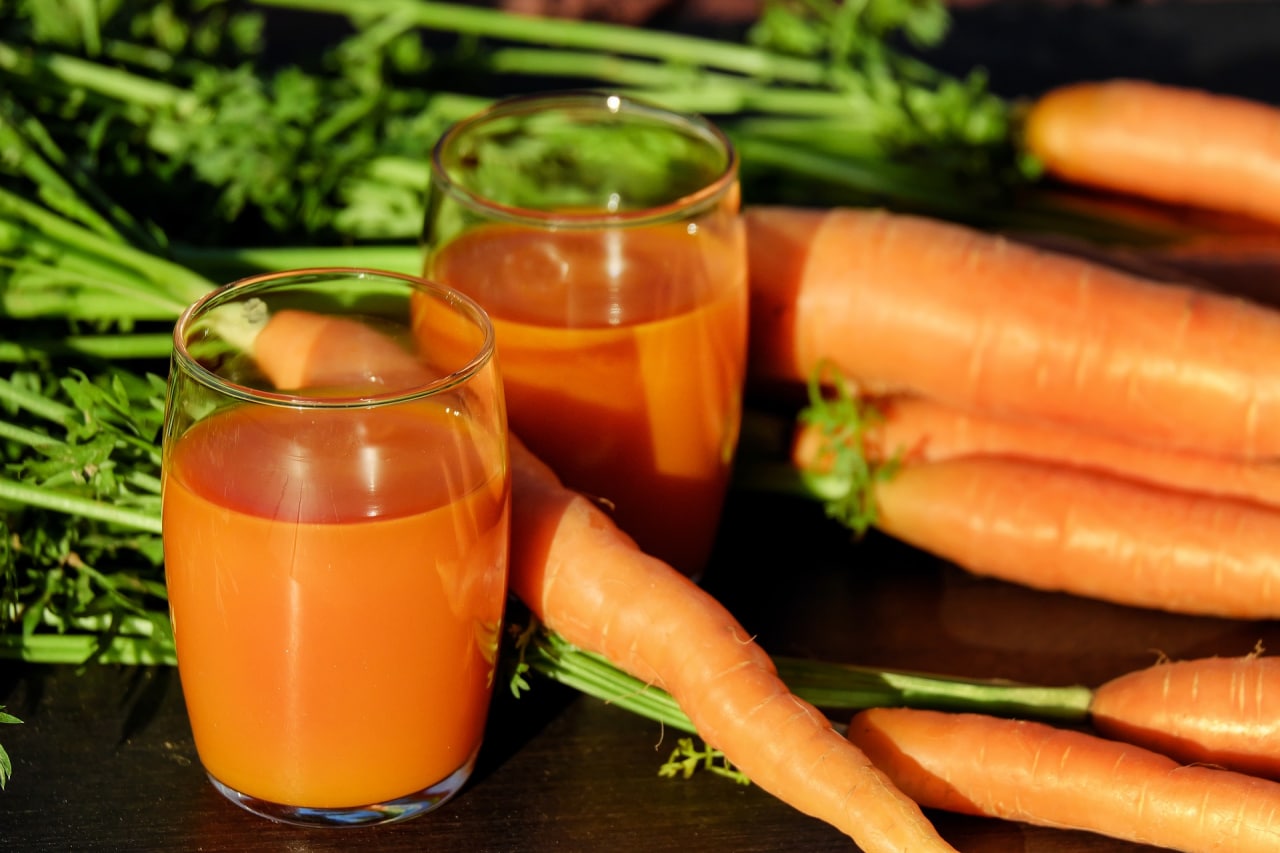
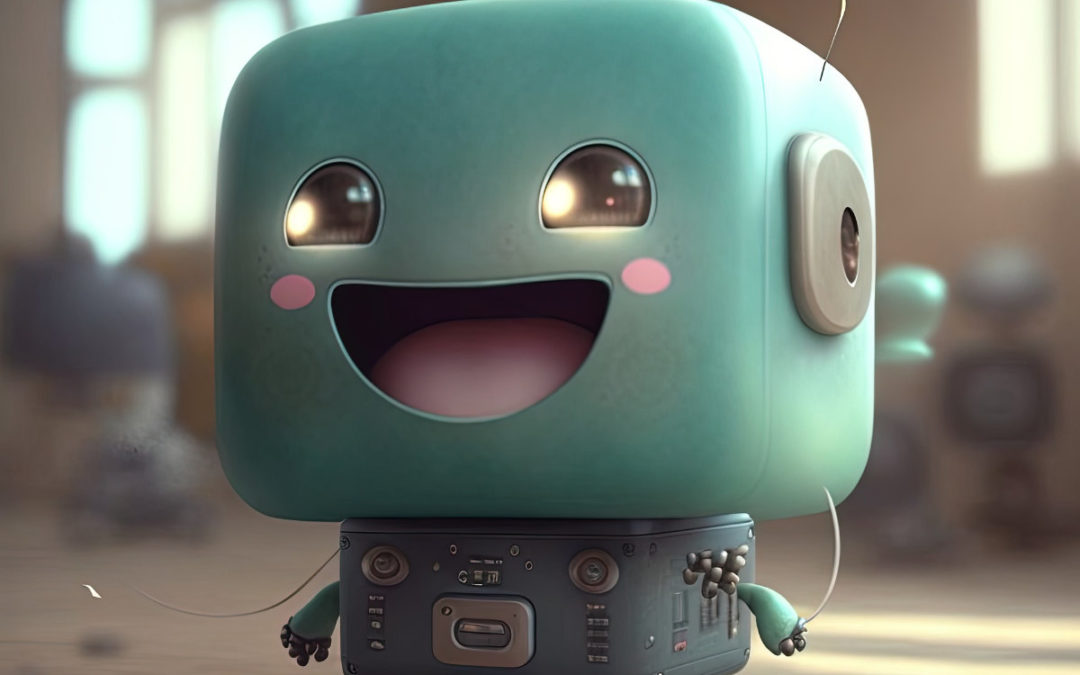
 The human being is a fundamentally emotional being. Our environment, our relationships, the difficulties we go through condition our mood. Our emotions, if they overwhelm us, can make life difficult for us. What is less known is that they have a direct impact on our health.
The human being is a fundamentally emotional being. Our environment, our relationships, the difficulties we go through condition our mood. Our emotions, if they overwhelm us, can make life difficult for us. What is less known is that they have a direct impact on our health.